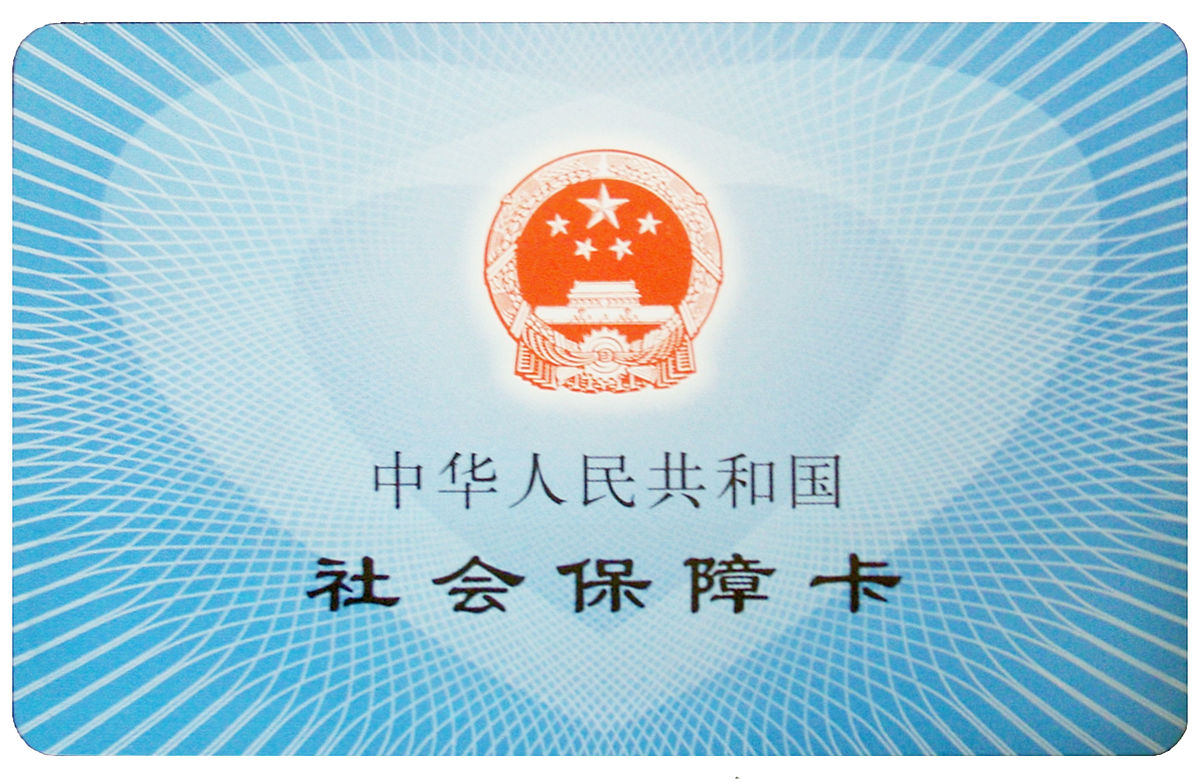
China is set to launch a major reform of its social insurance system as it attempts to build a functioning welfare state
The responsibility for collecting social insurance contributions will be transferred from various local departments to the tax authorities alone on January 1 next year. This includes basic social insurance, basic medical insurance, unemployment insurance, work injury insurance and maternity insurance. The change takes place in a broader context of institutional reforms to improve administrative efficiency, transparency and accountability.
What next
The reform will allow the central government to enforce corporate social insurance contributions better, and to stamp out widespread fraud. Despite tax cuts to soften the impact and opportunities for legal circumvention, the impact of the new collection system is likely to be strongly felt by small and medium- sized enterprises and labour-intensive industries, especially in provinces where compliance has been low.
Subsidiary Impacts
- Companies may also find ways to get around the regulations, for example by hiring workers on temporary contracts.
- A better enforcement of corporate social insurance contributions will be a significant step towards a functioning welfare state in China.
- Tax cuts and reduced contribution rates will help to soften the impact on firms.
Analysis
Under current regulations, social insurance premiums are based on an employee’s average income during the previous year, with a ceiling of 300% of the local average income, and a minimum of 60% of the local average income. On this basis, companies pay a percentage that varies geographically, but is generally around:
- 19% for the employee’s pension (see China pension reforms create new markets);
- 8% for medical insurance; and
- less than 1% each for unemployment insurance, birth insurance and work place injury insurance.
Widespread fraud
Enforcement has been lax. Many provinces turned a blind eye when companies failed to register migrant workers properly and did not contribute to their social insurance. Other enterprises paid contributions based on the local minimum wage rather than the actual wages of their workers. Overall, the compliance rate among companies is estimated at 27%, according to the China Enterprise Social Insurance White Paper of 2018.
27%: Companies that comply with social insurance rules
Social security fraud is a common cause of worker unrest. China Labour Bulletin has recorded more than 500 strikes or protests over pensions, social security or compensation over the past three years. The true number is probably much higher.
Better enforcement
Since the beginning of the social security pilot programme in the early 1990s, localities have been able to decide which body would be responsible for collecting social insurance contributions from firms. The departments tasked with doing so typically relied on declarations by the companies.
Tax departments have data on wages and employment and will be better able to calculate social security contributions and stamp out fraud. In several provinces, tax authorities were already in charge of collecting contributions, but often on the basis of companies' declarations to other government departments.
Transferring responsibility entirely to tax departments is thus a strong move towards more effective enforcement, more accurate collection and eventually an increase in actual contributions. Henan province, for example, has seen a year-on-year increase of 47.7% since it piloted a transfer of social insurance collection to tax departments in January last year.
The nationwide implementation of this reform next January comes after a merger of central and provincial tax agencies in July this year, which created a consolidated fiscal system under greater central scrutiny (see China’s fiscal system will adapt as economy transforms). This will make it harder for local governments to ignore central government rules and turn a blind eye to local malpractice.
Social insurance collection revenue is expected to grow significantly as a result. The actual impact will depend on local governments' enthusiasm and the broader economic environment. Researchers in China forecast an increase under the new collection system, with estimates ranging from 700 billion renminbi (100 billion dollars) to 2 trillion renminbi in extra revenues after the reform.
Corporate anxiety
The announcement of the change has stirred anxiety among businesses, which worry about higher labour costs in the midst of economic conflict with the United States.
A debate on the decline of the private economy has been raging in China in the last few months, fuelled by ambiguous messages from President Xi Jinping.
Beijing has also intensified a campaign against tax fraud. An income tax reform has allowed for stricter enforcement and a cautionary example was made of the popular actress Fan Bingbing, who was made to pay a massive fine for tax evasion after mysteriously vanishing for several months. The campaign against tax fraud is part of a broader, continuing effort to establish a well-functioning welfare state and to improve social fairness. This effort dates back to President Hu Jintao’s administration and has been emphasised repeatedly by Xi.
$100-290bn: Estimated increase in revenue
To ease businesses' concerns, the State Council has instructed all localities to maintain existing collection policies until the reform is in place in January and has forbidden them to collect companies' arrears. Senior officials, including Xi’s foremost economic adviser, Liu He, have also called for cuts in social insurance contribution rates. China has reduced the rates several times since 2015, with the combined rate (including companies' and employees' contributions) dropping to 37.25% in 2017 from 41%. In April this year, the corporate contribution rate was further reduced. It is likely to be cut again in the near future.
This article was first written for the Oxford Analytica Daily Brief, which is the copyright holder.